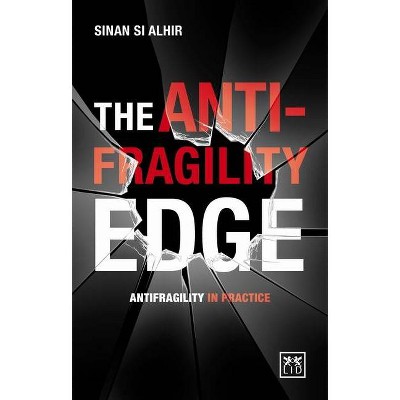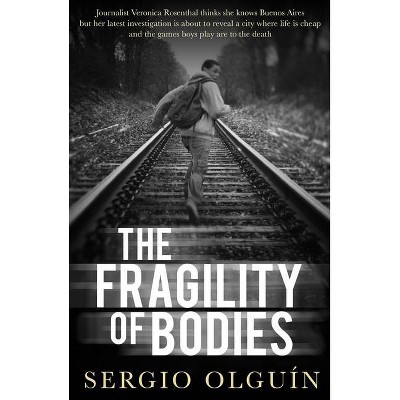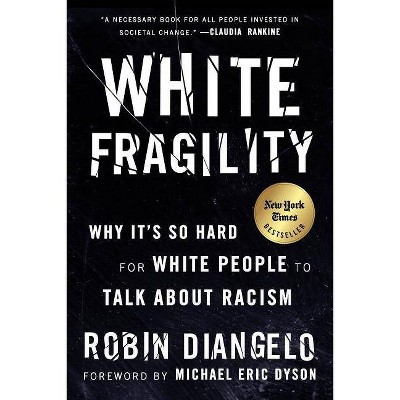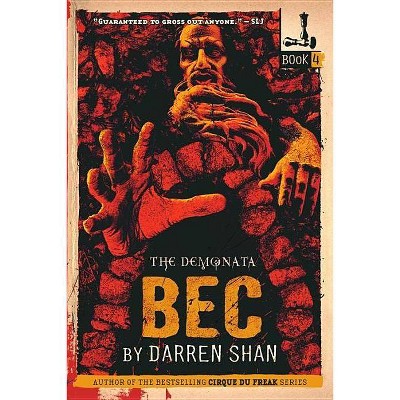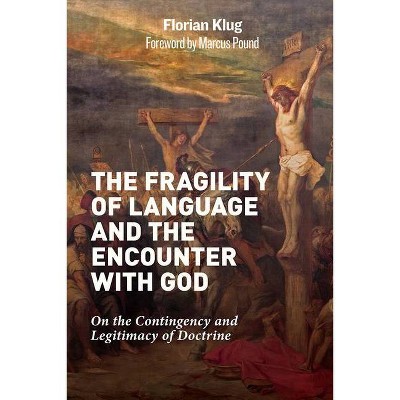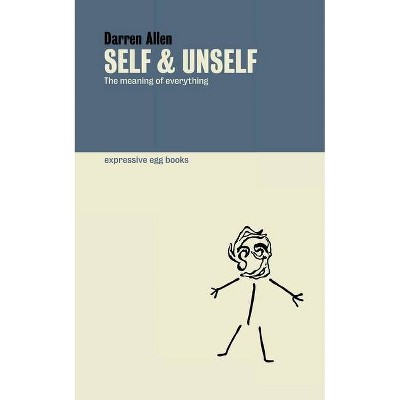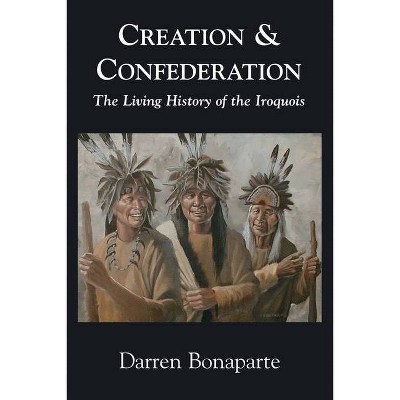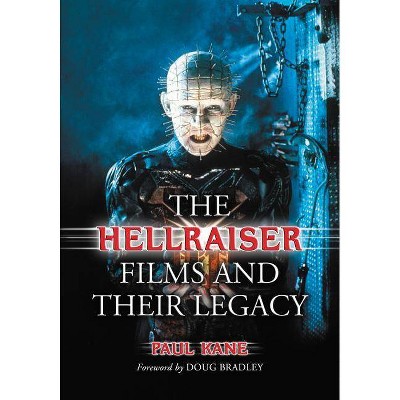Darren Aronofsky's Films and the Fragility of Hope - by Jadranka Skorin-Kapov (Paperback)
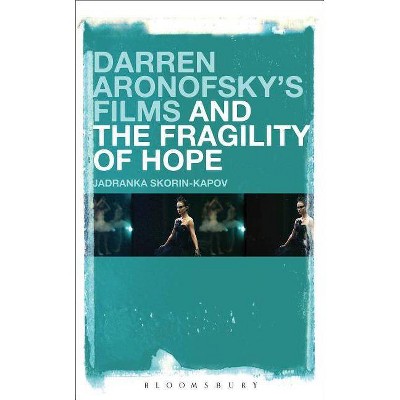
Similar Products
Products of same category from the store
AllProduct info
<p/><br></br><p><b> Book Synopsis </b></p></br></br><i>Darren Aronofsky's Films and the Fragility of Hope</i> offers the first sustained analysis of the current oeuvre of the film director, screenwriter, and producer Darren Aronofsky. Including <i>Pi </i>(1998), <i>Requiem for a Dream </i>(2000), <i>The Fountain</i> (2006), <i>The Wrestler</i> (2008), <i>Black Swan</i> (2010), and <i>Noah</i> (2014), Aronofsky's filmography is discussed with respect to his style and the themes of his films, making astute connections with the work of other directors, other movies and works of art, and connecting his films with other disciplines such as math, philosophy, psychology, and art history.<br/><br/>Jadranka Skorin-Kapov deploys her background in philosophy and math to analyze an American filmmaker with an individual voice, working on both independent productions and big-budget Hollywood films. Aronofsky is revealed to be a philosopher's director, considering the themes of life and death, addiction and obsession, sacrifice, and the fragility of hope. Skorin-Kapov discusses his ability to visually present challenging intersections between art and philosophy. Concluding with a transcript of a conversation between the author and Aronofsky himself, <i> Darren Aronofsky's Films and the Fragility of Hope</i> is a much-needed study on this American auteur<p/><br></br><p><b> Review Quotes </b></p></br></br><br>[A] pioneering product of Aronofsky scholarship ... Skorin-Kapov's book enables readers to connect the films of an important contemporary director to philosophical ideas that shaped the discipline of film studies during the beginnings of the New Hollywood era.<br/>Alphaville<br><br>In her book on Darren Aronofsky, Jadranka Skorin-Kapov guides us in an intriguing journey through the variety of human nature as it grows out of his movies, searching for a philosophical sense of life rooted both in the stories and in the physical and mental engagement they imply. While focusing on Aronofsky, Skorin-Kapov shows us how cinema illustrates the metamorphosis of aesthetic experience, from the physical essence of its literal meaning (<i>aesthesis</i>, which has primarily to do with sensation and perception), to the complexity of discernment and reflection. Page after page, film studies, philosophy, and even neuroscience and mathematics converse in a very producing way. This interdisciplinary perspective represents not only the methodology of the book, but also the life story of its author, trained in algorithmic research and then able to move to philosophy, after being stimulated by questions on human condition arisen from her experience of moviegoer.<br/>Michele Guerra, Associate Professor of Film Theory, University of Parma, Italy<br><br>Jadranka Skorin-Kapov reads Aronofsky with philosophical and mathematical rigor and with the warmth of a post-postmodern belief in the power of art to frame and pursue impossible human problems. The analyses in this book reveal a capacious command of film history and philosophical touchstones. Skorin-Kapov's surprising juxtapositions sharpen our glimpse into the utopian potentiality buried in the human obsessions and desires with which Aronofsky's films are preoccupied.<br/>Paul Eisenstein, Professor of English and Dean of Arts and Sciences, Otterbein University, USA<br><p/><br></br><p><b> About the Author </b></p></br></br><b>Jadranka Skorin-Kapov</b> is Professor of Operations Research at Stony Brook University, USA, with a diverse background in mathematics, philosophy, and art history and criticism.
Price History
Price Archive shows prices from various stores, lets you see history and find the cheapest. There is no actual sale on the website. For all support, inquiry and suggestion messagescommunication@pricearchive.us
